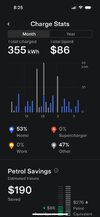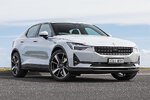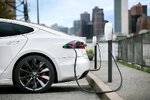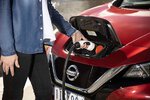- Joined
- 3 May 2019
- Posts
- 6,398
- Reactions
- 10,159
There goes the roads that were never built to handle that weight...
NSW hasn't even got back on top of pothole fixing after covid yet.

 www.fullyloaded.com.au
www.fullyloaded.com.au
NSW hasn't even got back on top of pothole fixing after covid yet.

NSW announces higher weight limits for electric trucks | News
The increased limits will be implemented over a two-year trial period and it is hoped they will increase uptake of zero emissions heavy vehicles





